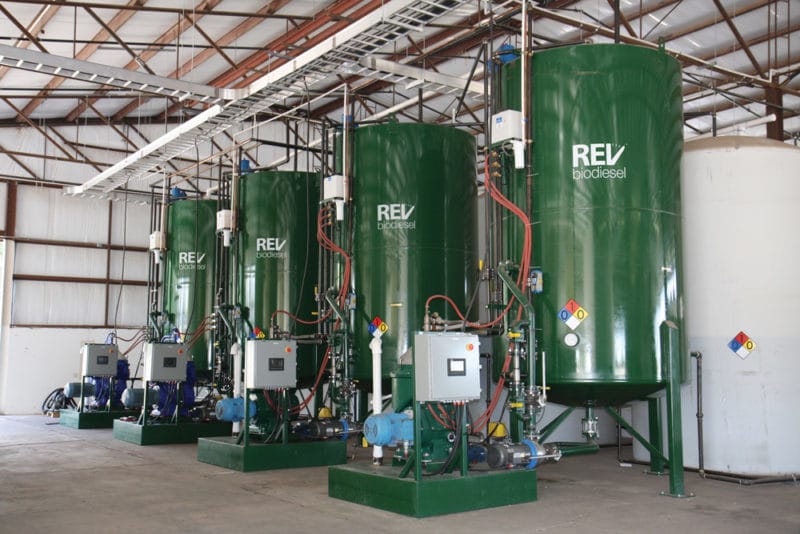The Nigerian National Petroleum Corporation (NNPC) has commenced a community integration and stakeholders’ engagement to sensitise people in Cross River State ahead the planned oil palm-based bio-diesel project.

A statement by the NNPC Spokesman, Mr Ndu Ughamadu, said the 26,000-hectare facility was designed to accommodate an oil palm plantation co-located with bio-diesel, crude palm oil co-generation plants and other facilities.
Ughamadu said officials of the NNPC Renewable Energy Division (RED) had embarked on the sensitisation campaign across affected communities, providing information on the rationale and projected benefits of the bio-fuels projects in the state.
“The NNPC Research and Development Division is also being engaged for the conduct of Environmental and Social Impact Assessment for the projects.
“The plant is projected to generate about 14 megawatts of electricity from empty fruit bunches and the residue from oil palms.
“Under the arrangement, the oil palm would be processed into fuel grade bio-diesel and industrial crude palm oil as by-products.
“The bio-diesel will be blended with diesel in a mix of 20 per cent biodiesel and 80 per cent diesel and sold as B20 in the domestic market.
“Any utilised bio-diesel quantity would then be exported to the international market,’’ Ughamadu said.
The Cross River bio-fuel project is in tandem with renewed drive by NNPC to develop bio-fuels, through partnership with core investors to create a low carbon economy and link oil and gas sector to the agricultural sector.
The News Agency of Nigeria (NAN) reports that it would also mitigate the adverse effect of climate change and the transformation of NNPC into an integrated energy company with diverse portfolio.
The business model would involve a Special Purpose Vehicle comprising NNPC, the State Government and the Core-investor.
Cross River is expected to provide land as equity, while core investor takes more than 50 per cent equity and operate the venture, leaving NNPC and the State Government with minority share of less than 50 per cent.
So far, Kebbi, Ondo, Taraba, Benue, Jigawa, Kogi, Adamawa have shown interest in partnering with NNPC in biofuels projects.
By Yetunde Bada
